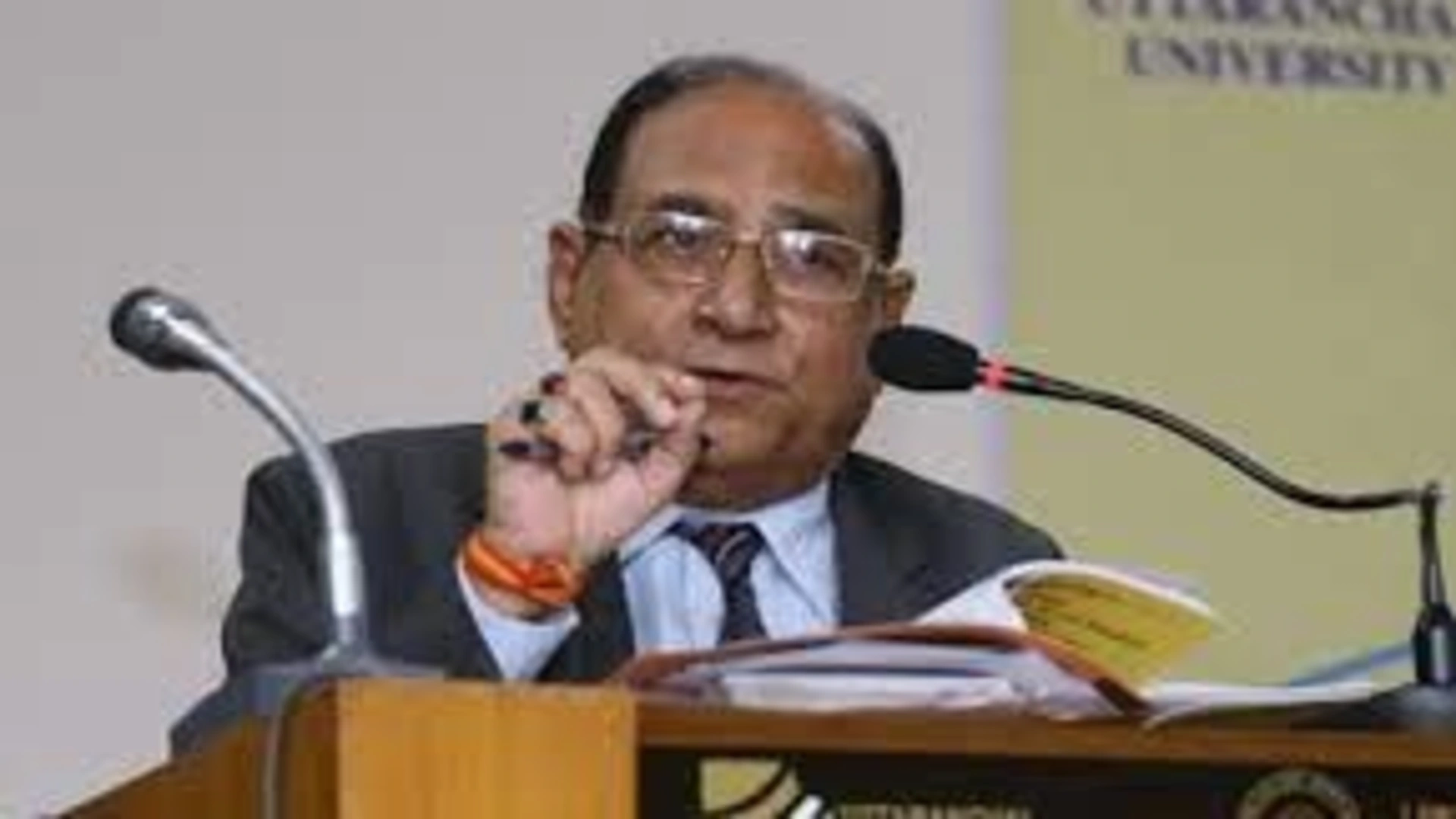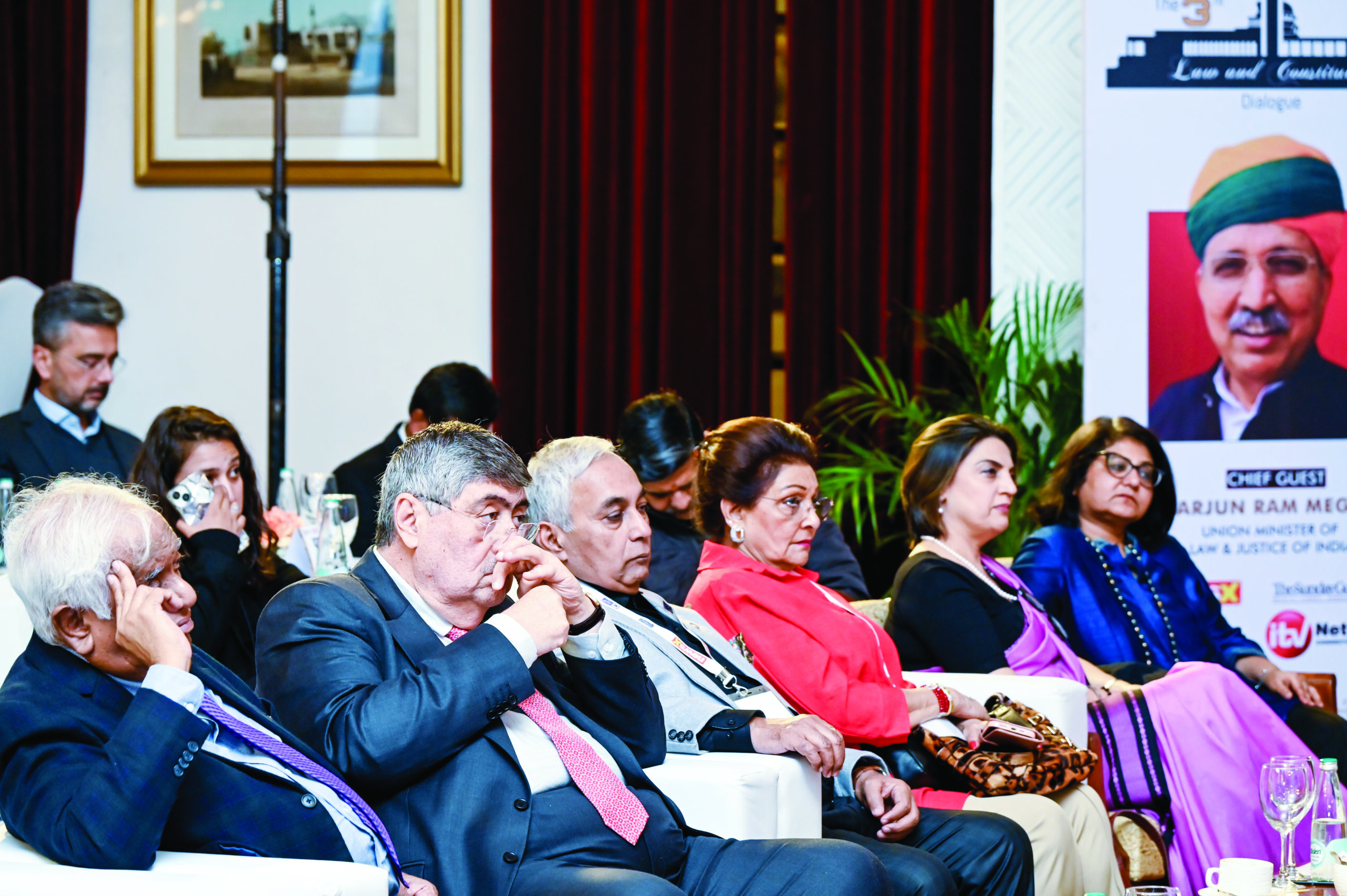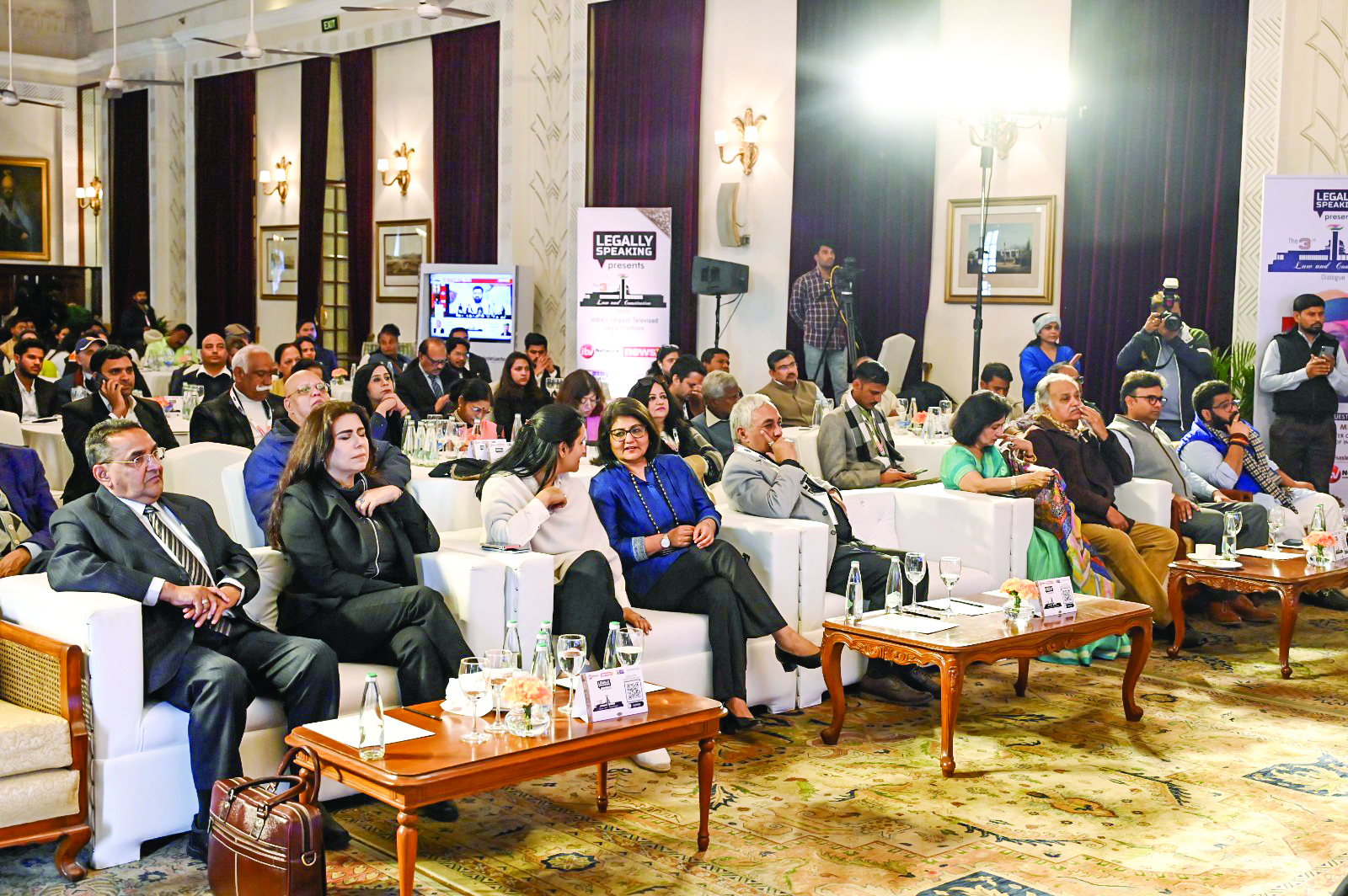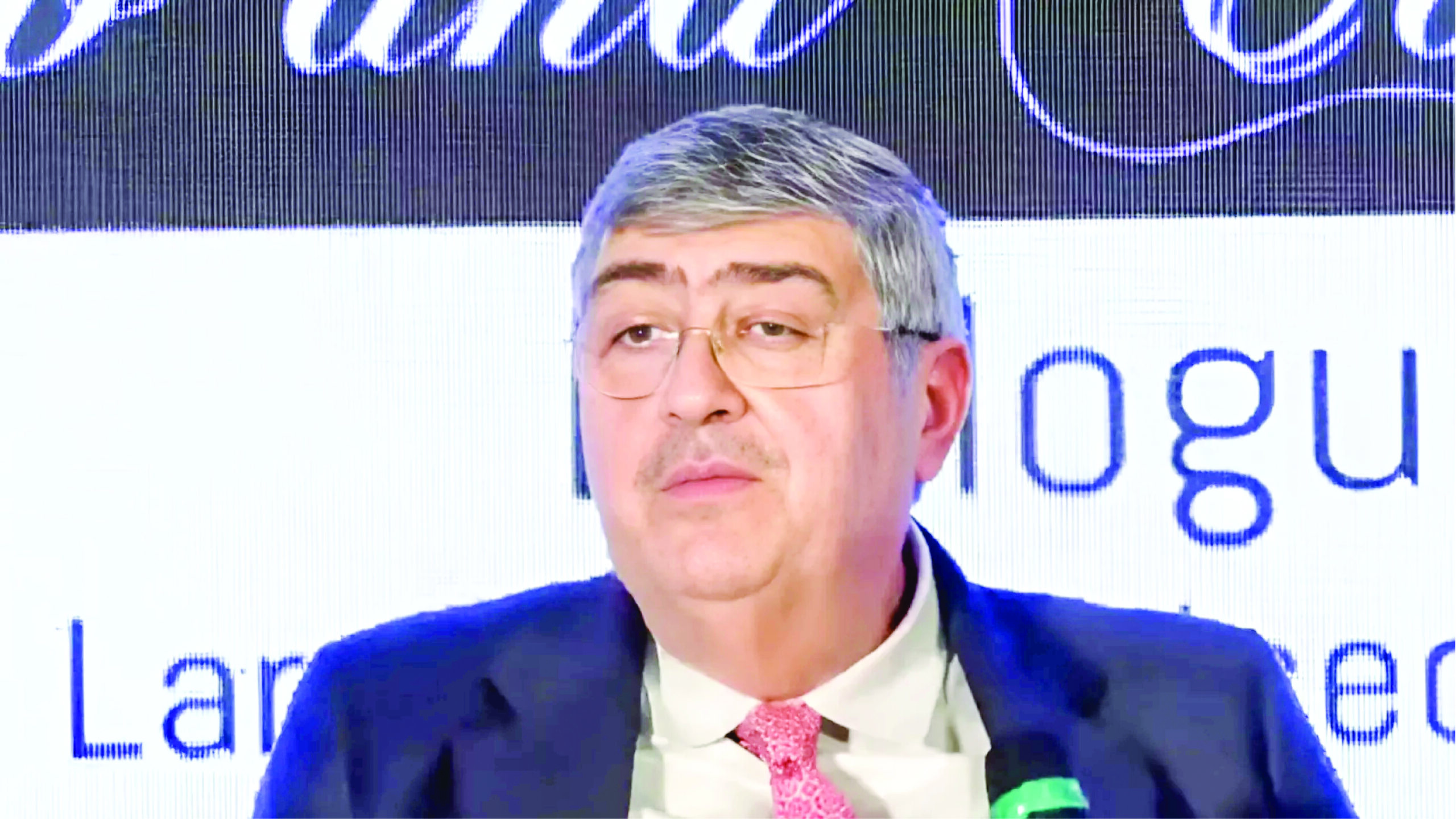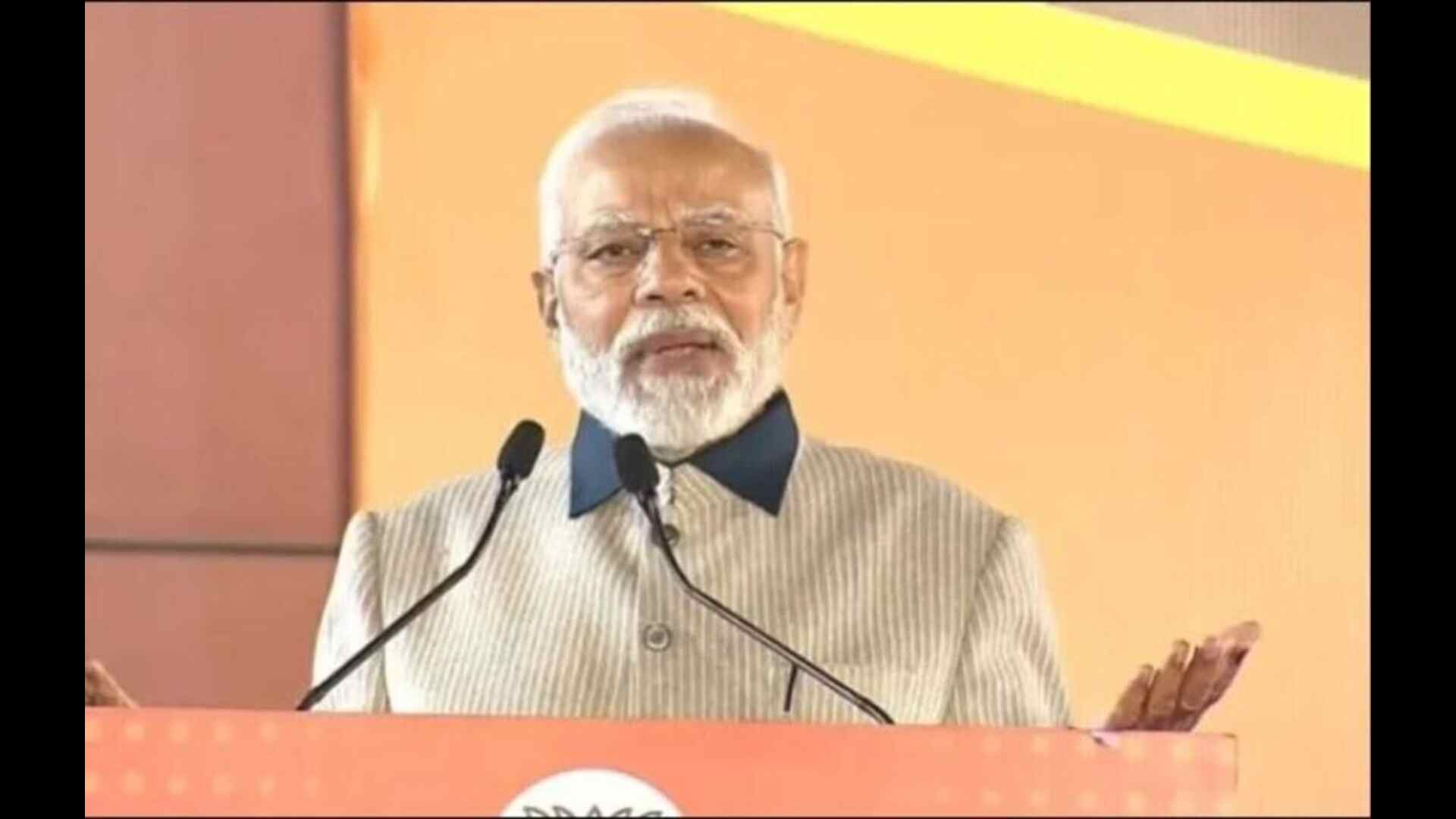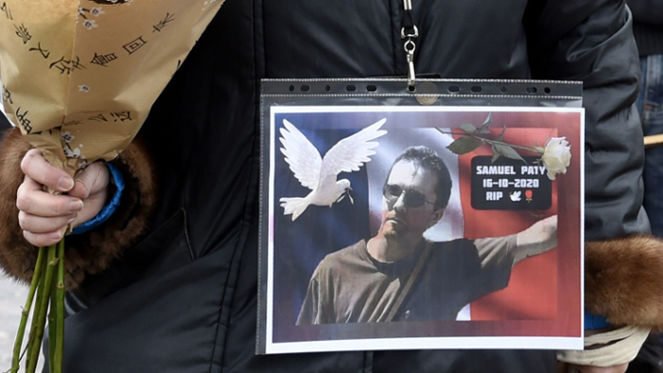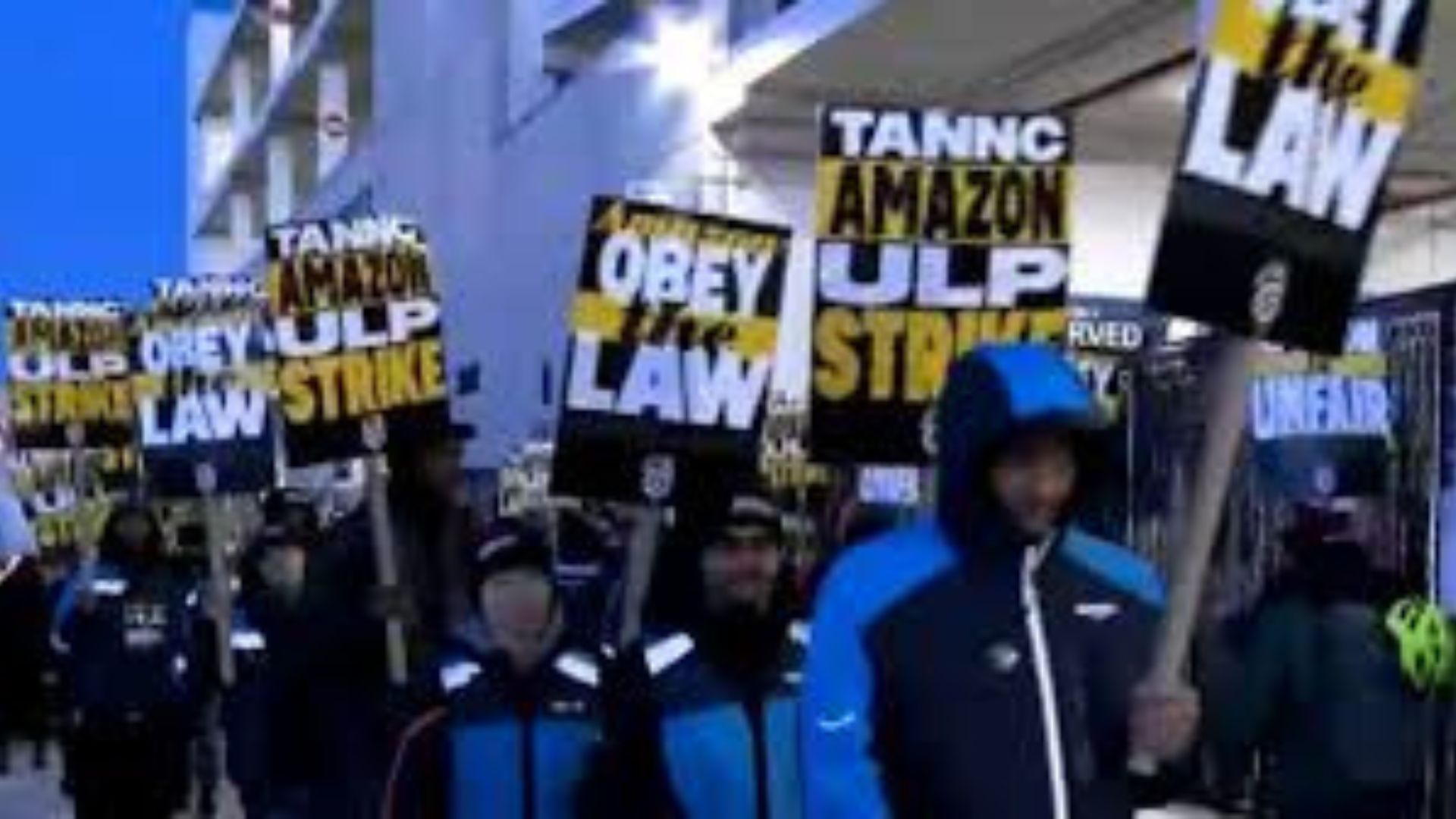At the Legally Speaking: 3rd Law and Constitutional Dialogue event, Justice Rajesh Tandon, former judge of the Uttarakhand High Court and ex-member of the Human Rights Commission, delivered a compelling address on critical legal and constitutional issues. In an interview with NewsX Executive Editor Devika Chopra, Justice Tandon discussed the Uniform Civil Code (UCC), the Indian Constitution’s evolution over 75 years, and the pressing challenge of judicial backlogs.
Uniform Civil Code: A Call for Equality
Justice Tandon advocated for the implementation of the UCC as envisioned in Article 44 of the Indian Constitution. He emphasized the Supreme Court’s support for this reform, aiming to establish a unified legal framework for all citizens, regardless of caste or religion.
“Article 44 has to be implemented. It’s very good for the citizens; there should be one law for all,” Justice Tandon asserted, referencing the Mudgal judgment that endorses the UCC. He expressed frustration over the prolonged delay in its enactment: “It’s been way too late that we have not implemented it.”
Addressing the challenges impeding the UCC, Justice Tandon urged legislators and parliamentarians to confront societal apprehensions. While acknowledging criticisms labeling the UCC as anti-Muslim, he refrained from commenting, citing the complexity of societal sentiments.
Reflecting on 75 Years of the Indian Constitution
Justice Tandon lauded the Indian Constitution as a dynamic document and highlighted the enduring significance of its Preamble, particularly its emphasis on dignity. “The dignity of individuals has been upheld, as enshrined in Article 21 of the Constitution and Section D of the Human Rights Protection Act,” he noted.
However, he stressed that constitutional ideals remain incomplete without ensuring access to basic amenities like food, shelter, and clothing. Drawing parallels with the Universal Declaration of Human Rights, Justice Tandon emphasized, “These basic needs protect the dignity of our lives and should be prioritized.”
Tackling Judicial Backlogs
Justice Tandon addressed the severe burden on India’s judiciary due to the backlog of cases. He proposed utilizing retired High Court and Supreme Court judges to expedite case resolutions, citing Uttarakhand’s example, where retired judges reportedly help courts resolve 30-40 cases daily.
Despite these efforts, he underscored the necessity for broader, systemic measures to tackle judicial delays nationwide.
Championing Human Rights and Social Welfare
As a former member of the Human Rights Commission in Uttarakhand, Justice Tandon recounted handling cases related to basic needs like shelter. He emphasized the importance of systemic reforms to ensure fundamental rights and alleviate poverty.
“The dignity of the citizens is one thing which isn’t absolutely followed,” Justice Tandon remarked, urging greater focus on social welfare to bridge the gap between constitutional ideals and societal realities.
Justice Rajesh Tandon’s address at the Legally Speaking event provided a critical examination of India’s progress in realizing constitutional principles. By advocating for the UCC, addressing judicial delays, and prioritizing basic human rights, he underscored the need for an inclusive and equitable society. His insights serve as a clarion call for lawmakers, administrators, and society to uphold justice and dignity as enshrined in the Constitution.

